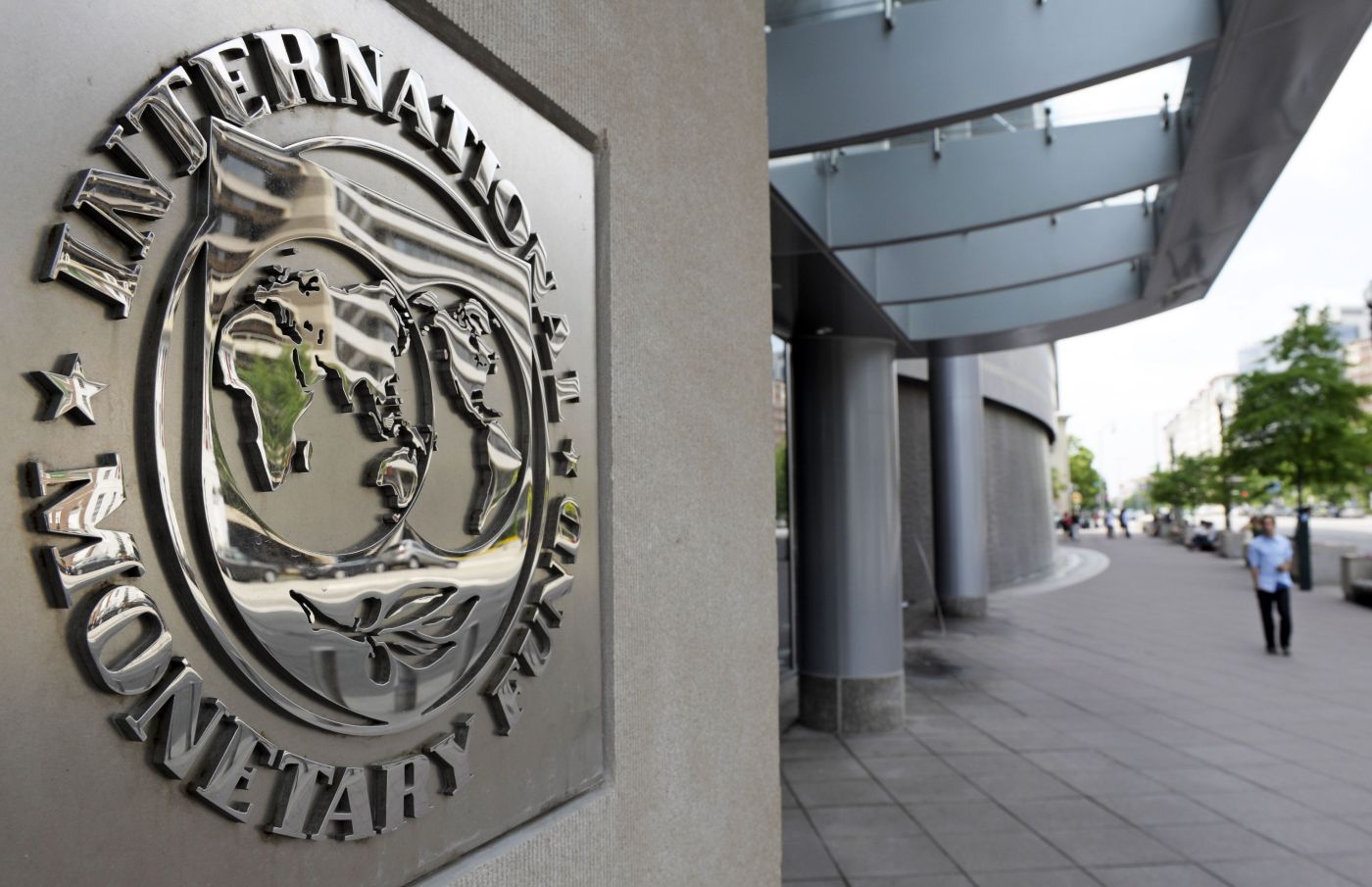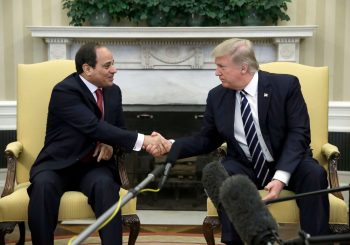Upon ending the ongoing loan deal with the International Monetary Funding (IMF) next year, Egypt will not be requesting further funding as per a Boomberg interview with Egypt’s Finance Minister Mohamed Mait.
“We are now in a position where we do not think we’ll need further funding from the IMF,” Mait told Bloomberg.
“We are committed to further reforming to our economy and making our economic reform model a good example for other countries.”
A three-year US$ 12 billion loan programme was secured by Egypt in 2016 following a radical economic decision early in the year.
Egypt’s central bank floated the local currency in a surprise move early in 2016, “moving to a liberalized exchange rate regime in order to quell any distortions in the domestic foreign currency market.”
The move was aided by the fund which also enabled a reduction of energy subsidies, fuel subsidies and the imposition of new taxes. The decision was brought on by multiple years in which Egypt suffered from political instability which affected its foreign currency and investments.
Although the Egyptian government economic reform program has been met with local criticism and resistance, the IMF withstands its position that the program is wielding positive results with a determined increase in private remittances, FDI, and net portfolio inflow.
Moreover, the IMF has noted steady a decrease in inflation as well as recovery in the tourism and the non-petroleum manufacturing sectors which are both key segments of Egypt’s economy and sustainable job creation.
In return, Egyptians have had to endure a rise in electricity and fuel prices which have lead to increase food prices, increase in VAT and a limited purchasing power due to the exchange rate depreciation.
As it stands, 1 $US is around 17,95 EGP; in November 2010m 1 $US was approximately 5,74 EGP.
As such, the government reform program included social protection for Egypt’s most underprivileged segment of society with a special focus on the allowances through food smart cards, expanding the social solidarity pensions to include medical coverage, raising pension benefits, multiplying job opportunities and help low-income families improve living standards.
In September, following a meeting with president Abdel Fattah al-Sisi in New York, International Monetary Fund (IMF) Managing Director Christine Lagarde stated that Egypt’s economy was ”showing strong signs of recovery.”
A report released by Centre for International Development in Harvard University classified Egypt as one of the world’s fastest growing economy in the coming decade, coming in third place after Uganda and India.








Comments (0)